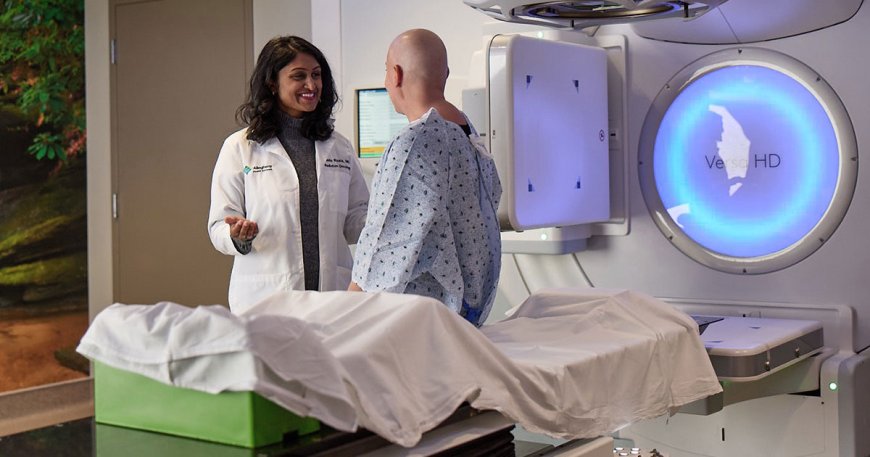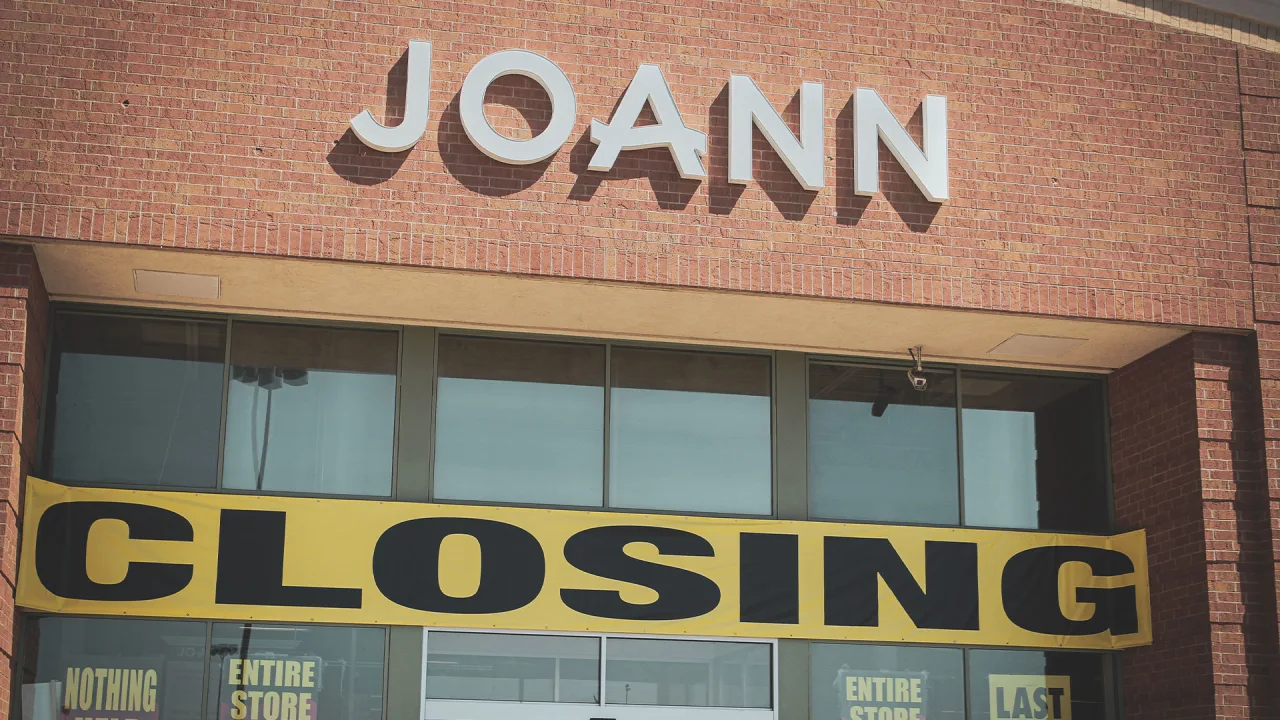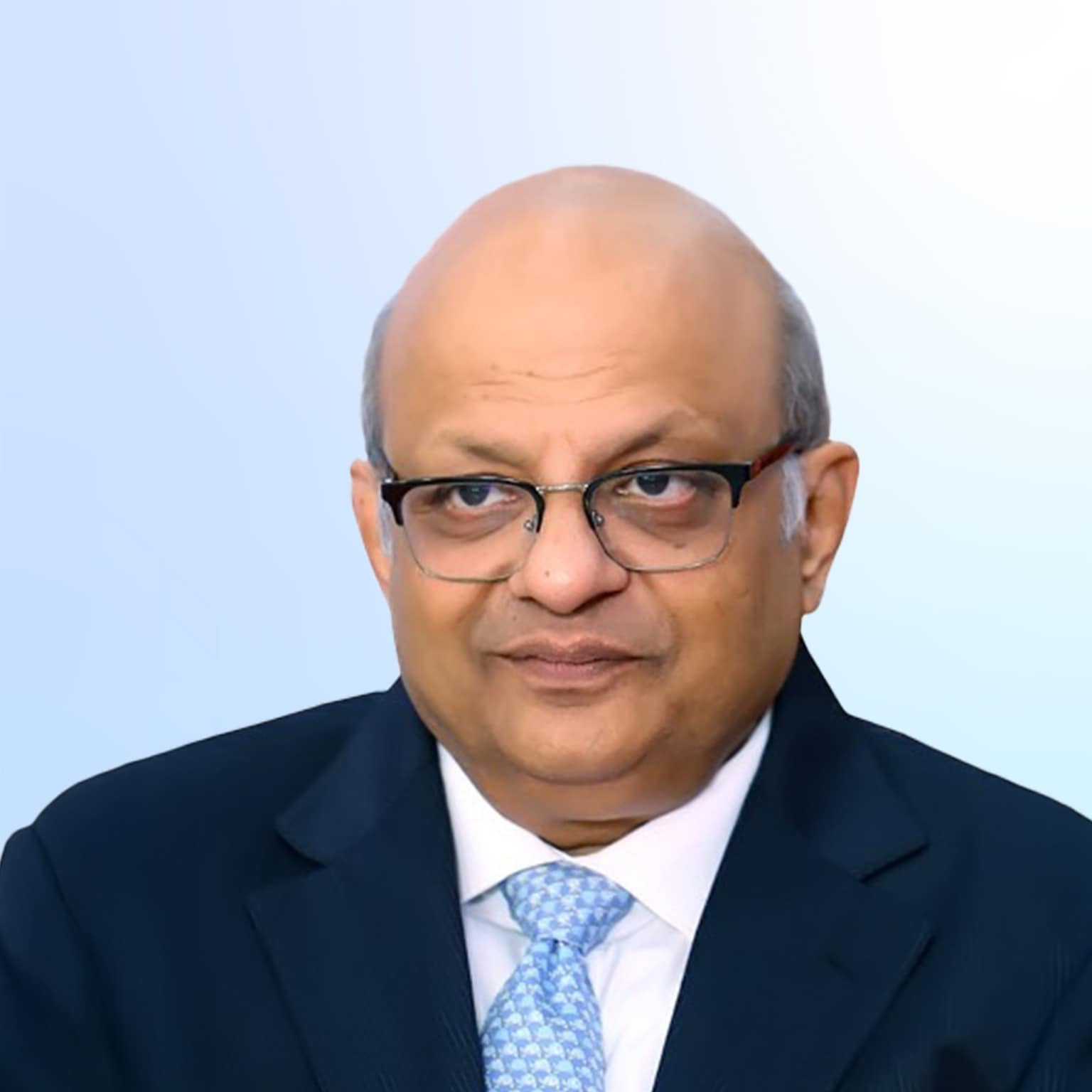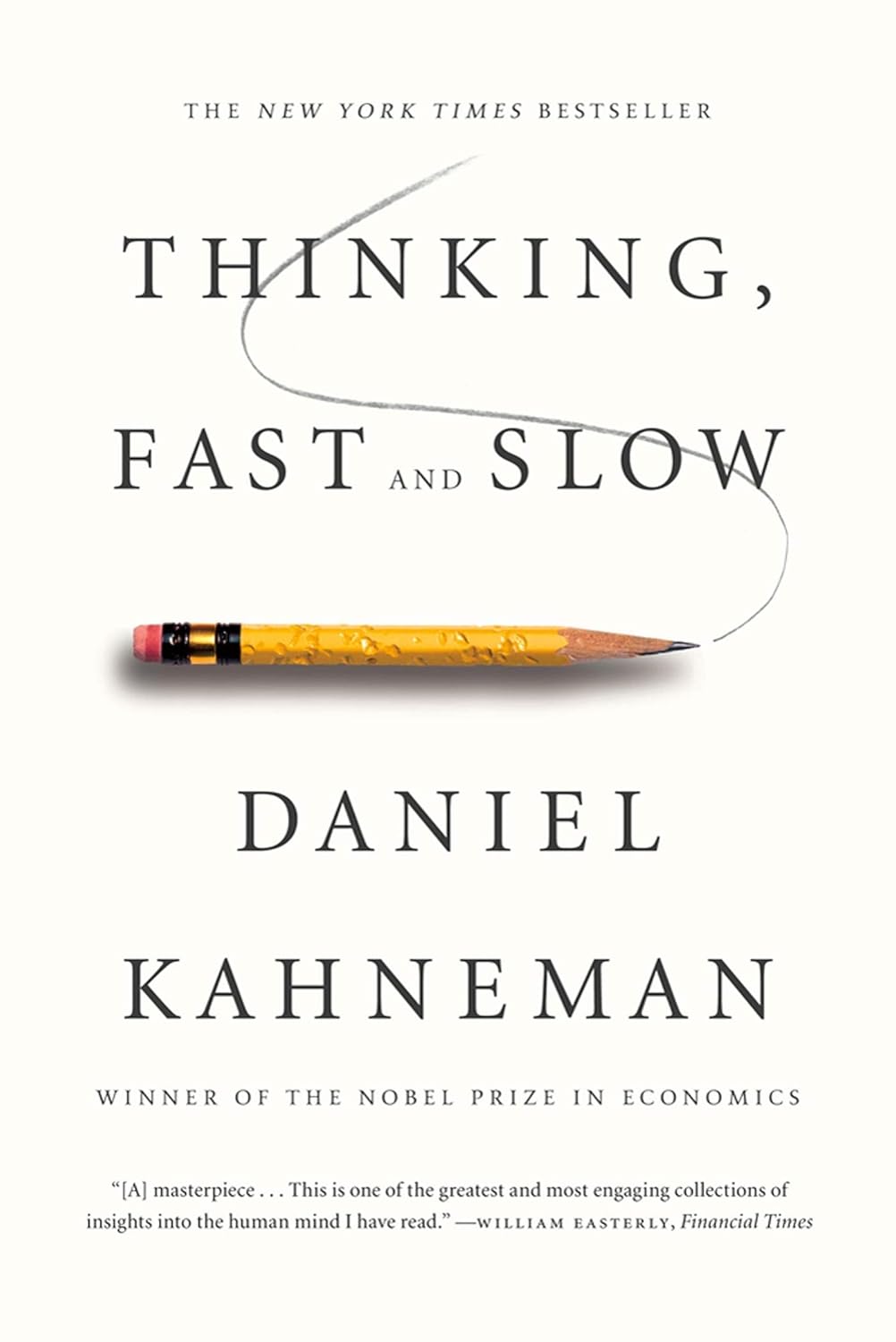What It Means to Be a Practicing Radiation Oncologist with Heart and Purpose
Discover what drives compassionate radiation oncologists like Robert B. Marcus to bring heart and purpose to cancer care every day.

Radiation oncology. It’s not a term you hear often unless you or a loved one is facing a tough diagnosis. But behind those hospital walls, in rooms filled with advanced machines and quiet strength, are real people fighting real battles—not just with cancer, but with fear, uncertainty, and hope. Among them are doctors like Robert B. Marcus, a name that’s becoming synonymous with compassionate, purposeful cancer care.
But what does it really mean to be a radiation oncologist with heart and purpose? How does one balance science with empathy, and precision with kindness? Let’s take a closer look.
Introduction to Radiation Oncology
Radiation oncology is the medical specialty where doctors use high-energy radiation to shrink tumors and kill cancer cells. Sounds clinical, right? But in reality, it’s a deeply human field where lives are not just saved but touched in unforgettable ways.
Who Is Robert B. Marcus?
Robert B. Marcus isn’t just a name in a medical directory—he’s a shining example of what happens when skill meets sincerity. Known for his extensive contributions in radiation oncology and his heartfelt approach to care, Marcus has inspired both patients and colleagues. His work goes beyond treatment plans—it’s about making people feel seen, heard, and safe in one of the scariest moments of their lives.
The Science Behind the Role
Let’s not forget: radiation oncology is serious science. It involves mastering physics, anatomy, and technology. Doctors must be precise—literally down to the millimeter. But just like a pilot who must also be calm under pressure, a radiation oncologist needs both knowledge and nerves of steel. Every session is like guiding a plane through a storm—one mistake can change everything.
Why Compassion Is Critical
Imagine being told you have cancer. Now imagine hearing it from someone who makes you feel like you’re more than a diagnosis. That’s the power of a compassionate oncologist. They listen without rushing. They remember your name, your child’s name, your favorite book. In short, they treat you like a human, not a hospital file. That’s what Marcus is known for.
A Day in the Life of a Radiation Oncologist
The day starts early. Reviewing cases, planning treatments, consulting with other specialists—it’s a lot. But in between the charts and checklists, there are the moments that matter: holding a hand, answering a scared patient’s question, celebrating good news. It’s not just about zapping tumors; it’s about walking alongside people in their toughest times.
When Every Patient Is Personal
For doctors like Robert B. Marcus, every patient’s story is different—and that matters. Whether it’s a young mom fighting breast cancer or an elderly man facing prostate cancer, he tailors his approach. It’s not one-size-fits-all medicine; it’s personalized care with a human touch.
The Emotional Weight of the Work
Let’s be honest—it’s not always uplifting. Some patients don’t get better. Some days end in heartbreak. But it’s in these moments that purpose shines brightest. Doctors carry the emotional weight because their presence helps lighten the load for others. It’s a silent, selfless strength.
Purpose Over Paycheck
No one gets into this line of work for the money alone. The hours are long, and the emotional stakes are high. What keeps radiation oncologists going is purpose. Knowing that they’re making a difference. Seeing a smile on a patient’s face. Hearing the words, “Thank you for helping me live.”
Balancing Technology and Humanity
Yes, the machines are incredible. Linear accelerators that target cancer cells with laser-like accuracy? Amazing. But technology without empathy is hollow. Marcus and his peers ensure that even as machines do the work, people feel the care. It’s a balance of steel and soul.
How Teamwork Shapes Patient Outcomes
Radiation oncologists don’t work alone. Nurses, physicists, dosimetrists, social workers—it takes a village. And teamwork isn’t just about efficiency; it’s about synergy. When a team is aligned, patients notice. They feel it in the care, the coordination, the confidence.
What Patients Say
Ask any patient treated by a caring oncologist like Marcus and they’ll tell you—it wasn’t just the radiation that healed them. It was the kindness, the honesty, the gentle encouragement. Reviews and testimonials often speak of “feeling seen,” “being treated with dignity,” and “trusting completely.”
The Ripple Effect of Purposeful Care
When one doctor cares deeply, it spreads. Nurses feel it. Families feel it. Even other doctors start to shift. Purpose is contagious. And when it enters the workplace, it transforms it—from a clinical center into a healing home.
Staying Grounded: The Role of Mentors and Role Models
Even the most seasoned oncologists need inspiration. That’s why figures like Robert B. Marcus are so important. They serve as mentors to the next generation, showing that brilliance is better when paired with benevolence.
Future Challenges and Hopeful Horizons
The future isn’t without hurdles. Cancer rates are rising. Treatment costs are high. Technology evolves faster than training. But with purpose-driven professionals at the helm, there’s hope. Innovation guided by intention—that’s where healing grows.
Conclusion
So, what does it mean to be a practicing radiation oncologist with heart and purpose? It means walking into work every day ready to fight cancer and fear with equal intensity. It means putting humanity at the center of healthcare. And for doctors like Robert B. Marcus, it means living out a calling that blends brains, bravery, and boundless compassion.
FAQs
1. What exactly does a radiation oncologist do?
A radiation oncologist uses targeted radiation to treat cancer, helping to destroy cancer cells while preserving healthy tissue.
2. How is Robert B. Marcus involved in radiation oncology?
Robert B. Marcus is a leading radiation oncologist known for combining technical expertise with compassionate patient care.
3. Is radiation treatment painful for patients?
Most radiation treatments are painless, although some patients may experience side effects like fatigue or skin irritation.
4. How long does radiation therapy usually last?
Treatment duration varies but typically involves daily sessions over several weeks, depending on the type and stage of cancer.
5. Can emotional support really affect cancer outcomes?
Yes, studies show that emotional well-being can influence recovery and quality of life, making compassionate care essential.






































































































![Building A Digital PR Strategy: 10 Essential Steps for Beginners [With Examples]](https://buzzsumo.com/wp-content/uploads/2023/09/Building-A-Digital-PR-Strategy-10-Essential-Steps-for-Beginners-With-Examples-bblog-masthead.jpg)















































